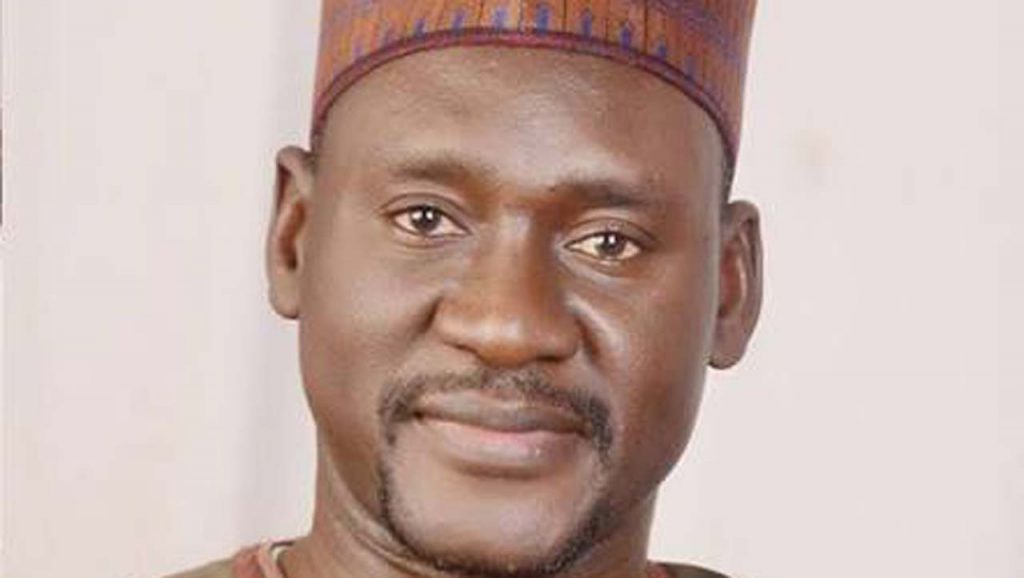Civil Society Legislative Advocacy Centre (CISLAC) has raised the alarm over persistent corruption risks within Nigeria’s defence and security sector, warning that the lack of transparency in military spending continues to undermine the country’s fight against insecurity.
Speaking yesterday at a one-day workshop in Lagos on enhancing the reporting capacity of journalists in exposing corruption in the defence sector.
CISLAC’s Executive Director, Auwal Ibrahim Musa, stated that unchecked financial irregularities and unclear procurement processes have exacerbated the country’s security crisis.
The workshop, organised in collaboration with Transparency International Defence and Security, with support from the Ministry of Foreign Affairs of the Netherlands, sought to examine how corruption within the sector affects national stability and development.
Musa, who also represents Transparency International in Nigeria, noted that despite huge allocations to the defence sector, insecurity has worsened due to weak accountability systems and abuse of power.
He cited findings from a recent policy brief, “Persistent Corruption Risk Amidst Escalating Security Threats”, which revealed that irregular recruitment, a lack of proper auditing, and secretive contract awards have become entrenched practices in the military.
Musa decried the continued absence of external scrutiny over defence institutions, stressing that the Ministry of Defence often fails to release financial documents and restricts auditors’ access to key information.
He added that the existing audit laws are outdated and inadequate to ensure effective oversight of the sector’s financial management.
According to him, the impact of defence procurement-related corruption extends far beyond the barracks. It affects governance, development, and citizens’ trust in state institutions.
“What we see is a cycle where funds meant to secure the nation are diverted through secretive deals and unaccounted expenditures,” he noted.
The CISLAC boss also expressed concern about rising human rights violations allegedly committed by security forces, particularly in conflict zones in the North-East, where reports of sexual exploitation, survival sex, and gender-based violence against women and girls persist.
Rafsanjani urged the government to implement gender compliance mechanisms and the United Nations Security Council Resolution 1325, which promotes women’s participation in peace and security decision-making.
CISLAC recommended that the National Assembly urgently amend the Audit Act to strengthen the Office of the Auditor General for the Federation, while also calling for clear guidelines to separate confidential from non-confidential information in the defence sector.
Rafsanjani urged adoption of the Tshwane Principles on national security and the right to information, which balance transparency with genuine confidentiality.
He further called for harmonisation of laws governing defence, security, and procurement processes, as well as the establishment of adequate monitoring mechanisms to curb gender-related abuses during operations.
The CISLAC helmsman emphasised that sustained media engagement and collaboration between civil society and government institutions are key to reversing entrenched impunity in the security sector.
He advocated for continuous support for national and sub-national platforms that promote defence transparency and open governance.
Rafsanjani called for FCT Minister Nyesom Wike’s resignation, alleging that he had acted unprofessionally during his confrontation with a young military officer.

